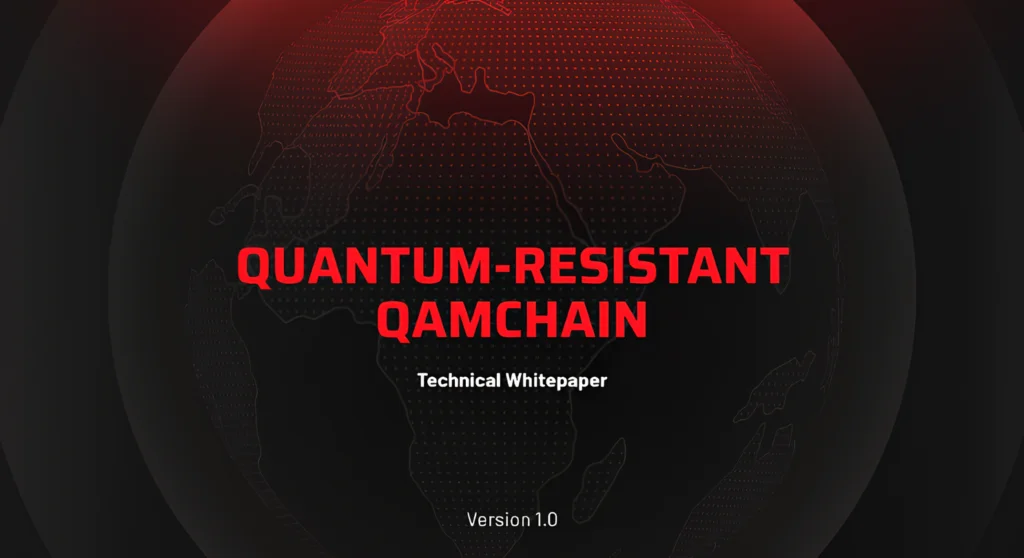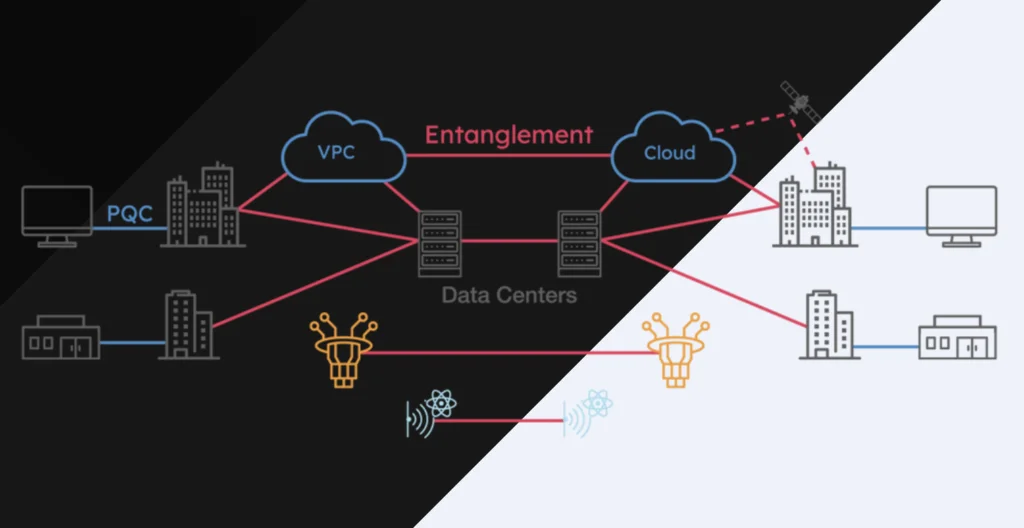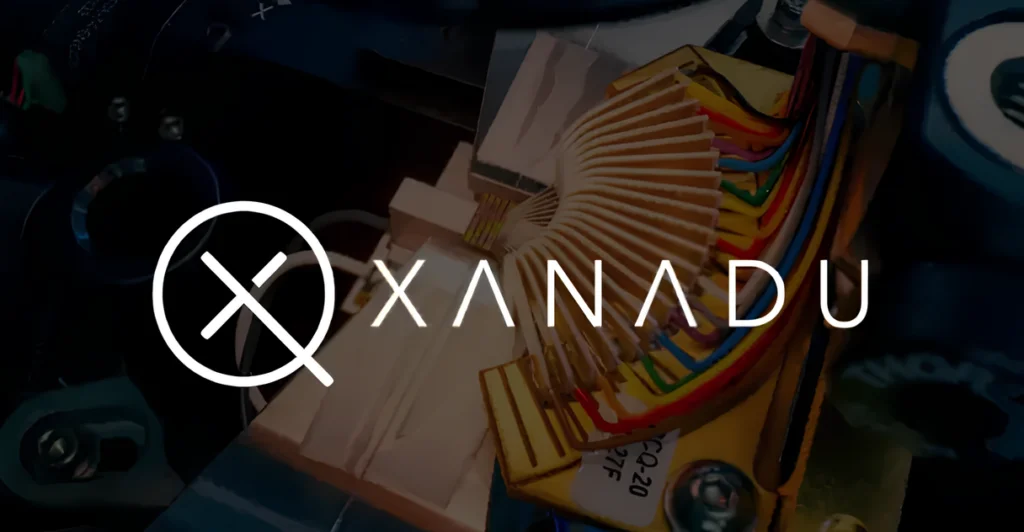By Akshita Tiwari
founder, qMe
As the quantum physicist Sheldon Cooper is portrayed in the veteran American sitcom, my father’s favorite show, The Big Bang Theory, I was quite scared of the term “quantum computing” when I was younger. Every time his whiteboard with complicated work was shown, I would think to myself I could never get into the field.
Fast forward to sophomore year of high school, when I delved deep into quantum computing research. Now I scared people with the term.

For the majority of computer science enthusiasts, quantum computing is exciting. Where a bit is binary at either 0 or 1, quantum computing allows a qubit to be 0 and 1 at the same time, exponentially increasing power. But what about those who aren’t all about coding?
According to a 2020 analysis by Interference Advisors, of the 46% of women in STEM, only 10% are involved in quantum startups. To bridge the gap, we must work to introduce the field to women at younger ages. Awareness of the concept that quantum computing is a tool to be applied to a science, rather than a science in itself, is the way — a golden ticket, if you will — to target a versatile demographic.
Quantum computing offers potential solutions for a range of industries beyond computer science, such as artificial intelligence, biology, chemistry, meteorology, and finance.
But the most significant issue in the field is the fearful attitude towards the field rather than the difficulty. Organizations such as The Coding School, which offer quantum computing courses for high school students, are one of the many initiatives aiming to reduce the fearful stigma.
For this very reason, when I first co-founded my organization, qMe, my motivation was my regret that I did not come across the field earlier. Targeted towards middle school students, my purpose was to encourage younger students to push themselves further.
What I somehow failed to anticipate is the innate fear that students had, just like I first did. These students’ initial fear towards the looming term “quantum computing” took over their potential. Seeing their stress towards a mere diagnostic test made me realize that there is a more pressing issue to tackle.
The solution? Interest and open-mindedness. The major reason why many young students fear quantum computing is because they feel they are not passionate enough about it to tackle the challenge. My goal? To show them that they are.
I spent time each class allowing everyone to brainstorm something that they are interested in, unrelated to quantum computing. Once that step was complete, then the quantum aspect was brought in by discussing how quantum technology could be incorporated into that interest. With this attitude, over 80 blog articles were submitted by seventh and eighth grade students regarding a multitude of quantum applications in less than five months. Through the articles written by such young students, I saw their passions; agriculture, drug development, and even gaming.
The same students who first were unsure. The same students who would have never believed that these topics are even remotely related to quantum computing at first.
In 2018, President Donald Trump signed the National Quantum Initiative Act, which brought special attention to quantum technologies over a ten-year period. Despite this beneficial act which aims to significantly increase investments, there is no concrete solution for attacking the stigma around the field. In my generation, quantum computing still has an echo. Graduate programs are beginning to increase their quantum education presence, yet even undergraduate programs are still scarce in the field. As I look to apply to college, I find myself itching to find a college that can give me the resources I need to continue my passion. My hope is that, by the time my middle school students reach their college application process, they can have a plethora of options for quantum computing. But this is not possible without proper awareness.
So why middle school students? The earlier, the better. The goal of educating a seventh grader about quantum computing is not to make them create a concrete algorithm or research study, but rather to simply show that understanding something is possible, even if it is a basic takeaway about what superposition is.
In fact, even a curious elementary school student can get their feet wet in quantum computing. In my recent qMe summer camp conducted, one student was in just second grade, which made me reluctant about what he would be able to learn without having stress.
So I asked him what he loves to learn about quantum computing. Nothing.
Then I asked him what he loves to learn about. Planets.
That was the golden ticket.
By the end of the one week camp, he wrote his own article about quantum computing in astronomy.
These children are not geniuses or prodigies; they are simply given direction at a young age. The method by which they are given direction is through their passion.
As a junior in high school, my eyes opened to how our community needs to incorporate quantum computing into our young people by prioritizing passion. Willy Wonka’s Chocolate Factory is our end goal – to get more involvement in quantum computing.
But the golden ticket is the passion method, where we have a pitstop at what simply interests them before moving on to what seems daunting. Raising statistics in the quantum computing world is all about the game we play to students who fear the field. I once felt the same fear, yet overcoming it was critical for the promising field.
Universities such as the Massachusetts Institute of Technology and Cornell University have leading quantum computing programs, but we need to bring the excitement as early as middle school, and even earlier. Whether it is a reluctant neighbor, student, client, or dedicated fan of the Big Bang Theory, our most difficult topics are often not the ones that are the hardest to understand, but the hardest to empower our society to join.
—
Akshita Tiwari is co-founder of qMe, an organization that aims to teach middle schoolers quantum computing and research. She has been conducting quantum computing research her whole high school career, attending MIT URTC 2022 and getting published in IEEE. She plans to create her own startup in quantum computing as a career throughout and after college.















